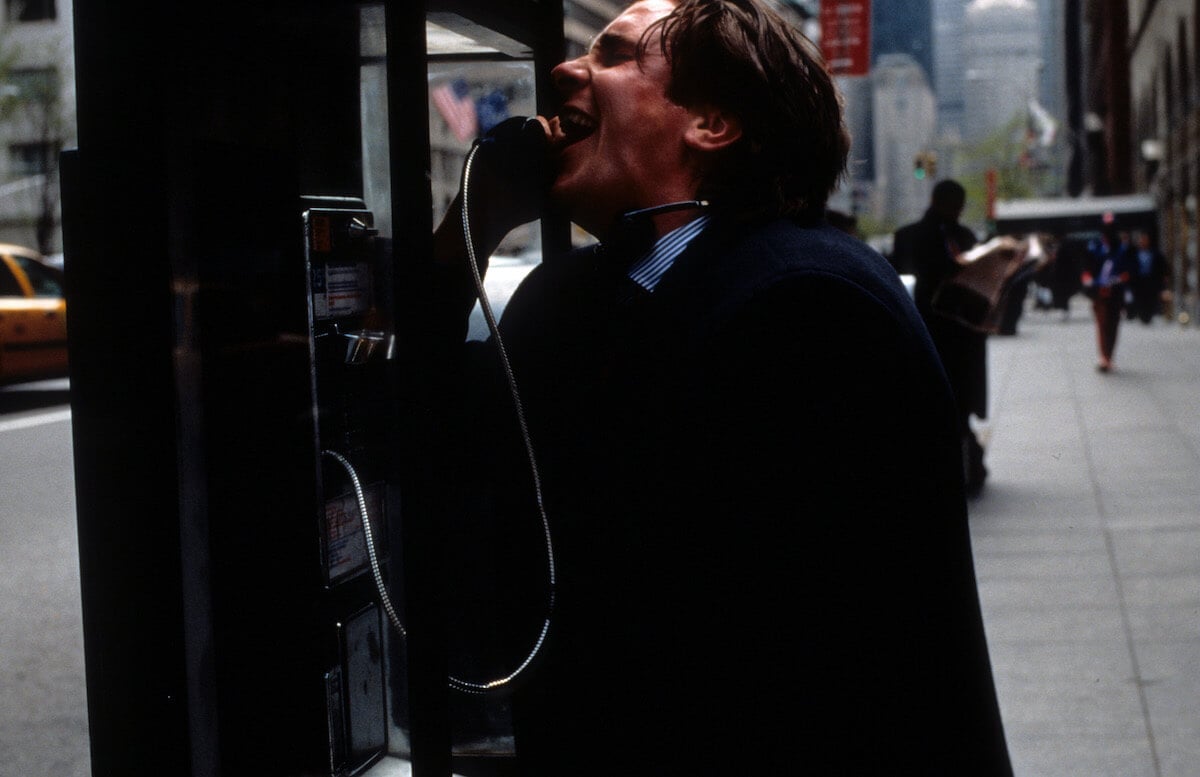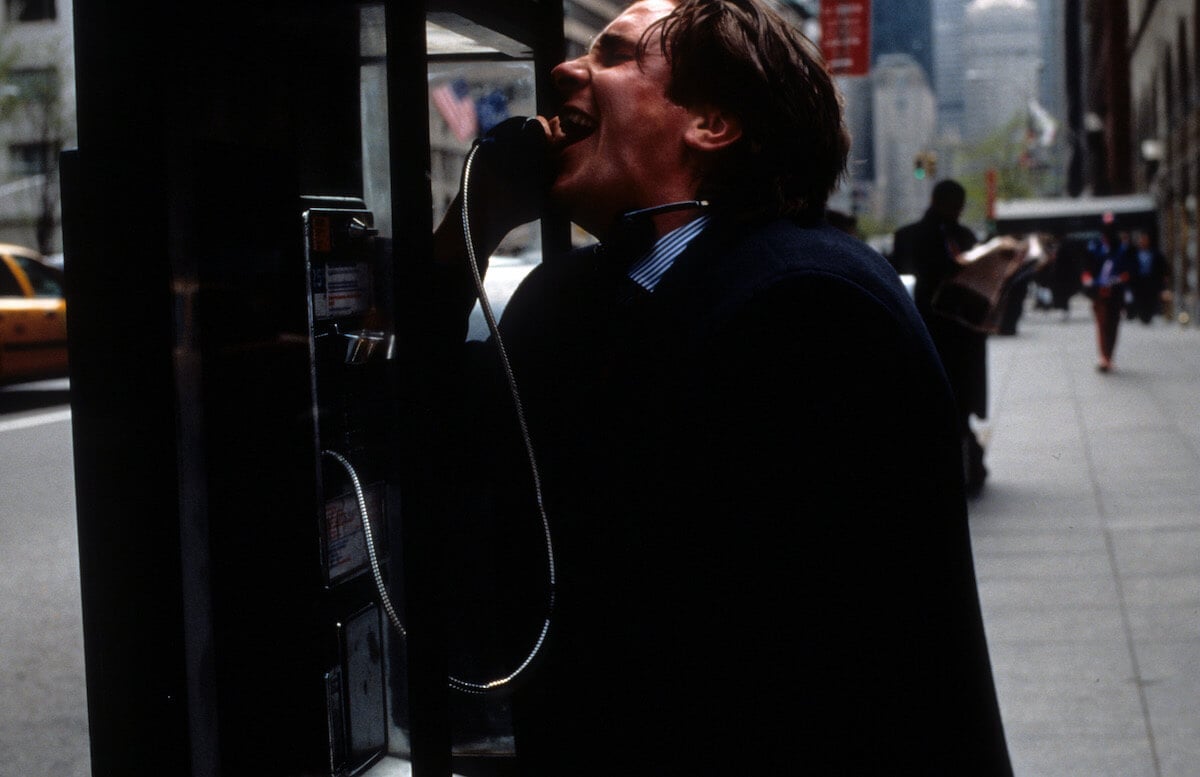
How Does Method Acting Help Actors Win Oscars?
It takes a remarkably intense performance to get attention at the Academy Awards. Tortured performances from actors immersed in their characters, from the likes of Marlon Brando and Daniel Day-Lewis, set the bar high. But other well-regarded actors think investing so much off-screen dedication into a part isn’t worth the trouble. Either way, some of the most acclaimed film performances draw from the same intensive program: The Method. So, what is Method acting, and is it required to win the top acting awards at the Oscars?
How does Method acting work?

Method acting, at its core, is an extreme form of immersion for actors. Performers dive into the minds of their characters, even when the cameras aren’t rolling. The process goes beyond rehearsing scenes and running lines. Actors like Day-Lewis stay in character the entire time they’re on set. And some, such as Christian Bale, take Method acting even further.
The Method’s origins date back to 1906 when Russian stage director Konstantin Stanislavski began formalizing his advice for actors into a guide. This early version of The Method is about processes for actors to immerse themselves in characters, allowing them to bring intuitive body language to the fore of their performances.
It’s a broad framework that doesn’t call for the 24/7 character immersion that modern actors later developed, The New Yorker reports. Actors like Brando and James Dean pioneered that all-encompassing approach. But the core of most takes on The Method comes down to learning to improvise in character, even if the final performance sticks to the script.
How Oscar campaigns benefit from the lore of an actor’s experience with The Method
Most actors don’t work within the boundaries of The Method or any other immersive form of it. Actors like Meryl Streep avoid the system, finding it too alienating on set — although she tried it once to great success in The Devil Wears Prada. Day-Lewis dedicated much of his career to the practice, which has earned him numerous Oscar nominations and three wins.
Day-Lewis and Brando are big names, but neither put much effort into campaigning for their Academy Award nods. Regardless, their wins have led many performers to make full-immersion Method acting a major part of their promotional pushes to Academy voters.
The Ringer reports that anecdotes about wild dedication to The Method are cornerstones of many Oscar campaigns. They provide a story beyond the performance for voters to latch onto. And they can be so alluring that actors sometimes win for performances that film fans question later.
For example, Leonardo DiCaprio has delivered many incredible performances. But eating raw animal organs off-screen might have contributed more to his Oscar win for The Revenant than his on-screen performance.
Is Method acting problematic?
Earlier versions of The Method aren’t particularly worrying. Complex, demanding, maybe a little overwrought? Sure. Plenty of exceptional movies don’t involve Method acting, but these performances anchor many all-time greats.
However, the full-immersion style of Method acting has its detractors, including Hollywood icon Samuel L. Jackson. He criticizes the practice of becoming an on-set nuisance for the sake of a role. To the Oscar-winning Pulp Fiction star, an actor’s job is to play a part professionally, not to live it.
The past year’s most notable Method performance is Austin Butler’s in Elvis. His on-screen results are universally praised, and his castmates loved working with him, likely because Elvis Presley was such a good-natured person.
But the psychological results of Butler’s intensive immersion into his character can’t be denied. The Take recently explored how he was mocked for going in so deep. Then, when Butler finished Elvis, he was depressed about separating himself from living as Presley.


